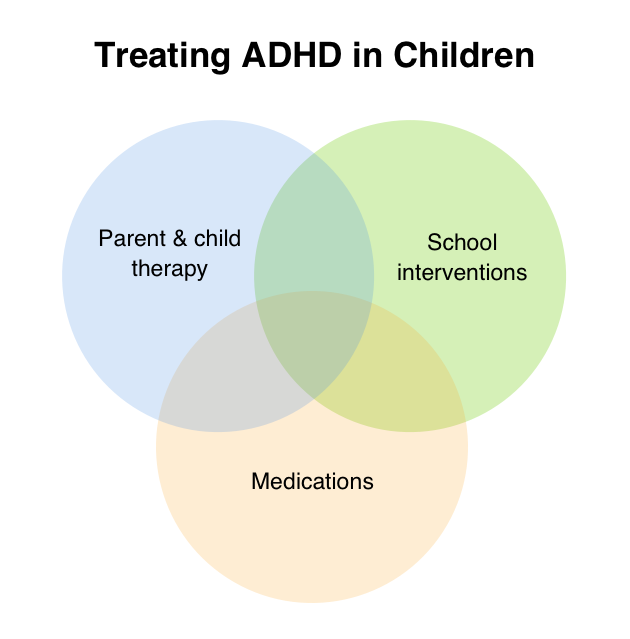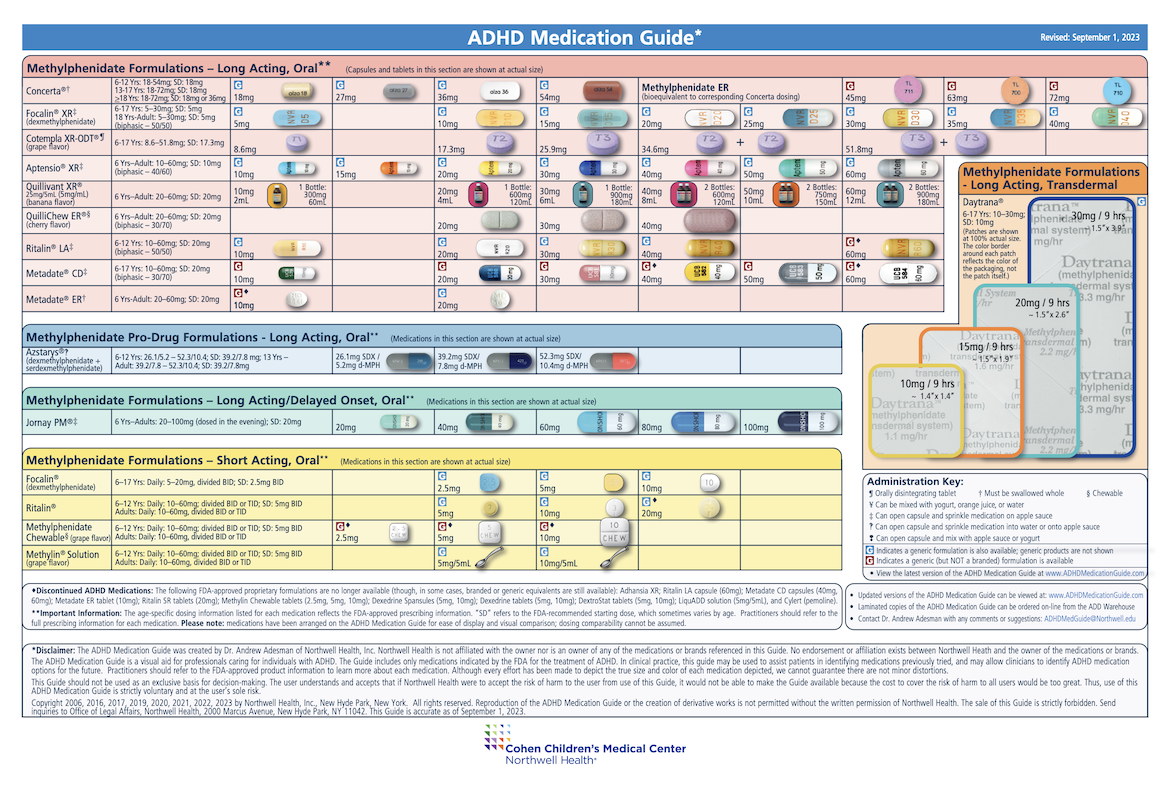Your Overview to Discovering the Right ADHD Treatment for Enduring Results
Navigating the intricacies of ADHD treatment requires a nuanced understanding of both the problem and the myriad choices offered for effective management. It is crucial to recognize that what works for one person may not necessarily produce the very same results for another.
Understanding ADHD and Its Impact

In grownups, ADHD can lead to obstacles in office atmospheres, affecting productivity, time management, and interpersonal relationships. Commonly, undiagnosed or poorly took care of ADHD can contribute to co-occurring mental wellness issues, such as anxiety and clinical depression, more making complex an individual's overall well-being.
The societal perception of ADHD can differ, resulting in stigma and misconception, which might impede individuals from seeking aid. As understanding expands, it is important to foster a setting that promotes understanding and support for those influenced by ADHD, highlighting the requirement for precise medical diagnosis and customized methods to mitigate its influence on day-to-day life.
Overview of Treatment Alternatives
A thorough method to treating ADHD incorporates a selection of options customized to the individual's one-of-a-kind requirements. These choices can extensively be classified into behavior interventions, psychoeducation, and lifestyle modifications, along with medicinal therapies that may be explored later on.
Behavior treatments, such as cognitive-behavioral therapy (CBT), concentrate on customizing specific behaviors and creating coping techniques to handle signs and symptoms properly. Psychoeducation plays a crucial role in empowering both individuals and their families by providing details regarding ADHD, its challenges, and efficient strategies for assistance.
Way of life modifications can dramatically impact ADHD administration. Normal exercise, a balanced diet plan, and sufficient rest add to overall health and symptom control. Mindfulness practices and relaxation techniques can also boost focus and reduce impulsivity.
Support system and household treatment can foster a feeling of community and understanding, aiding individuals really feel less separated in their experiences. Each therapy option ought to be considered in combination with the individual's choices and situations, guaranteeing an alternative approach that promotes long-lasting success. Inevitably, the goal is to create a personalized therapy plan that addresses the specific difficulties associated with ADHD while enhancing total lifestyle.
Drug: Pros and Cons
Medication plays a critical function in the therapy of ADHD, with many choices available that can considerably minimize signs and symptoms for several individuals. Stimulants, such as methylphenidate and amphetamines, are frequently suggested and have revealed efficiency in boosting focus, minimizing impulsivity, useful source and enhancing general actions. These drugs work by raising dopamine and norepinephrine degrees in the mind, which are often dysregulated in those with ADHD.
However, the use of medication is not without its obstacles. Some people might experience side results, including sleeping disorders, decreased hunger, or boosted anxiousness. Furthermore, discovering the appropriate dose can be a trial-and-error process, requiring close tracking by healthcare specialists. In addition, not all clients respond to energizer drugs, leading some to discover non-stimulant alternatives, which may have a postponed beginning of action or different negative effects.
It is vital for people and their households to evaluate these advantages and disadvantages meticulously. Stabilizing the benefits of signs and symptom administration against possible negative effects is vital for accomplishing ideal therapy end results. Cooperation with doctor can promote enlightened choices, making sure that drug belongs to a comprehensive ADHD monitoring plan.
Behavioral Treatment Strategies

One typically employed method is Cognitive Behavior Treatment (CBT), which assists people identify and transform negative thought patterns that contribute to ADHD-related challenges. Therapist for ADHD. With CBT, customers redirected here discover to set reasonable objectives, take care of time properly, and establish business systems
An additional effective method is Parent Management Training (PMT), which informs moms and dads on how to enhance positive actions and reduce adverse ones via constant discipline and interaction strategies. This method cultivates a supportive home environment that urges behavior improvements.
Social abilities training is likewise important, assisting individuals with ADHD navigate social communications better. Role-playing and modeling suitable habits can boost social proficiency and lower stress and anxiety in social situations.
Way Of Living Changes for Better Administration
How can lifestyle adjustments significantly improve the administration of ADHD signs and symptoms? Applying calculated way of living alterations can cause substantial renovations in emphasis, company, and psychological regulation for people with ADHD.
To start with, establishing an organized everyday regimen assists in developing predictability, which can ease sensations of bewilder. Regular timetables for dishes, study, and rest can enhance daily original site functioning.
Including regular exercise is likewise essential, as exercise has actually been shown to enhance dopamine degrees, enhancing attention and inspiration (Therapist for ADHD). Going for a minimum of 30 minutes of moderate exercise most days can be advantageous
Nutrition plays a crucial duty. A balanced diet regimen abundant in omega-3 fatty acids, entire grains, and healthy protein can sustain cognitive function. Limiting processed sugars and high levels of caffeine might minimize symptoms, as these can bring about energy collisions and impatience.
Final Thought
In final thought, discovering the right ADHD therapy necessitates a complex technique that takes into consideration individual requirements and choices. Collaboration with health care professionals and open interaction with assistance networks are important components in browsing the intricacies of ADHD management, inevitably leading to lasting outcomes and improved high quality of life.